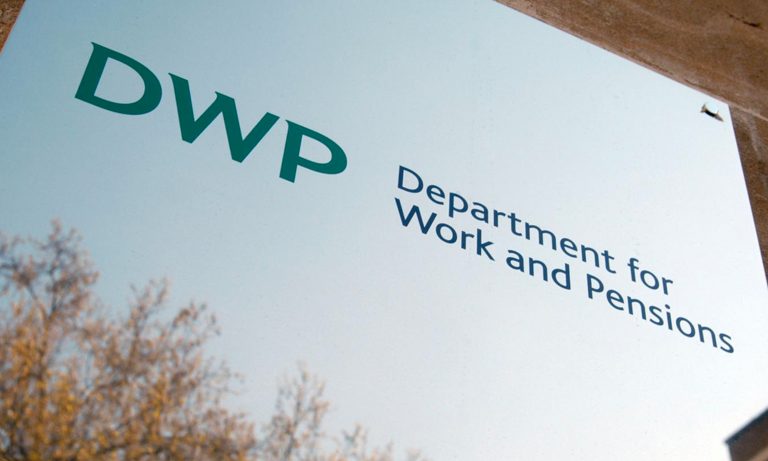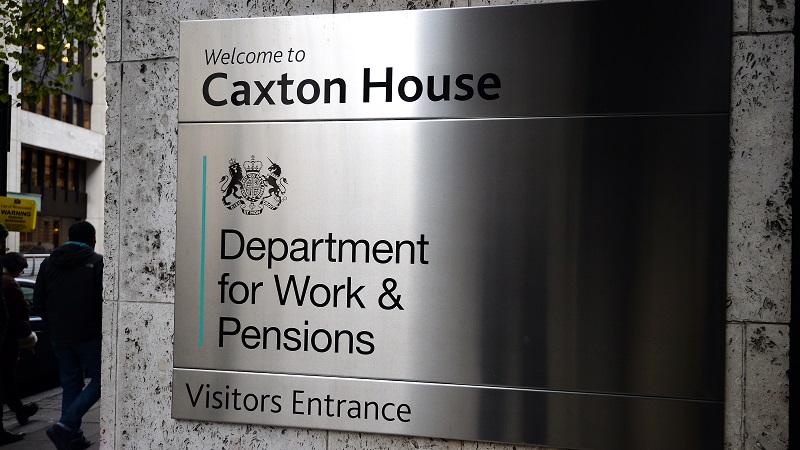DWP admits wrongly refusing PIP to record number of Disabled people
‘Flaws in the system’ have led to almost 80,000 Personal Independence Payment (PIP) decisions being overturned at initial review in the past year, reports The Independent.
Separate figures show the cost of these reviews has surged by 26% in the last two years, despite the number of reviews carried out by the Department for Work and Pensions (DWP) falling by 23% over the same period.
Claimants who wish to appeal a PIP decision must first appeal through the DWP’s internal process, known as mandatory reconsideration. Reversals at this stage have increased from 22% (46,580 of 236,720) three years ago to 43% (78,390 of 182,880) last year.

Chloe Smith MP
Figures published by the Disability Minister Chloe Smith in response to a written parliamentary question show that the cost to taxpayers of mandatory reconsiderations for PIP was £24.8m last year, compared with £19.7m in 2018/19 and £13.7m in 2016/17.

Ms. Fazilet Hadi
DR UK’s Head of Policy Fazilet Hadi said: “The whole PIP process is intrusive and immensely stressful for Disabled people. Having to appeal greatly increases the pressure Disabled people are under. Decisions may not be made for months, and the fact that so many initial decisions are overturned is proof that the system is broken and failing Disabled people. Many Disabled people feel they cannot challenge failed claims because of fears of the impacts of the reconsideration and tribunal systems on their mental health.”
Over half (56%) of claims which were taken to court after failing at the mandatory reconsideration stage were “lapsed” – meaning the DWP overturned them before they reached court – and 69% of those that went to tribunal were overturned.
Phillip Anderson, head of policy at the MS Society said that the appeals process is “so stressful” that many people decide not to challenge the decision, “for fear of losing what little support they already have”.
A DWP spokesperson said: “For the majority of PIP claims, we get decisions right and all assessments are carried out by healthcare professionals trained to consider the impact of someone’s health condition or disability, but we are exploring what more we can do so the welfare system better meets the needs of disabled people through our health and disability green paper.”

High Court judgment denies two million ESA claimants £20 per week uplift due to “justifiable” disability discrimination
Two Employment and Support Allowance (ESA) claimants have challenged the lack of benefit increase during the pandemic at the High Court, arguing that it discriminated against Disabled people and so was unjustified.
Between 30 March 2020 and 5 October 2021, the standard allowance element of Universal Credit and Working Tax Credit was increased by £20 per week.
Yet no corresponding increase was made to the personal allowance element of any of ESA and other “legacy benefits” including Income Support or Job Seeker’s Allowance.
Ruling, Justice Swift said that as a result, while agreeing that legacy benefits were “low”, and “it is obvious that any person required to rely only on that level of income will suffer hardship”, he found that the “difference in treatment” between Universal Credit and legacy claimants was “justified” because it was aimed at people who suddenly lost their job due to Covid.
DR UK’s Head of Policy Fazilet Hadi said: “This is an extremely disappointing judgment. Whilst the Government may have awarded the £20 per week uplift to UC to cushion the economic impact for people losing their jobs during the pandemic, in fact, the £20 was paid to everyone on Universal Credit, regardless of how long they’d received the benefit. It is very hard to understand why not paying the same £20 to those on ESA and other legacy benefits isn’t viewed as discrimination against Disabled people.

